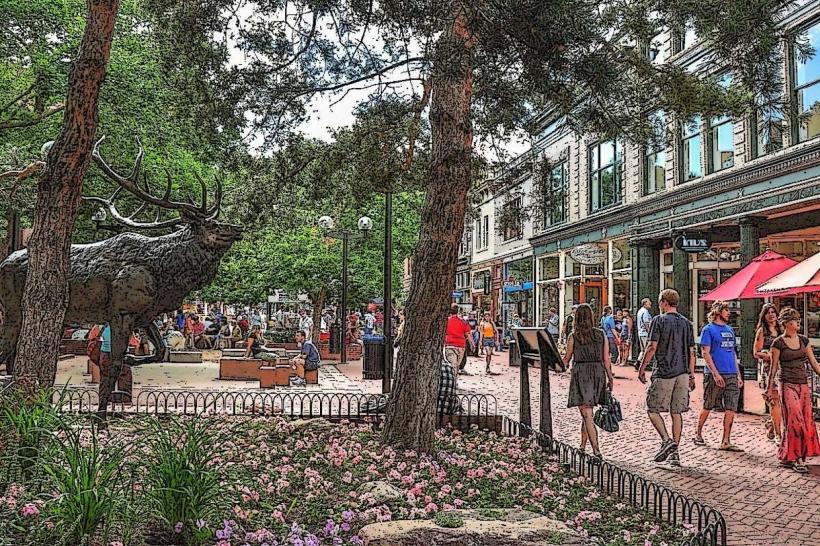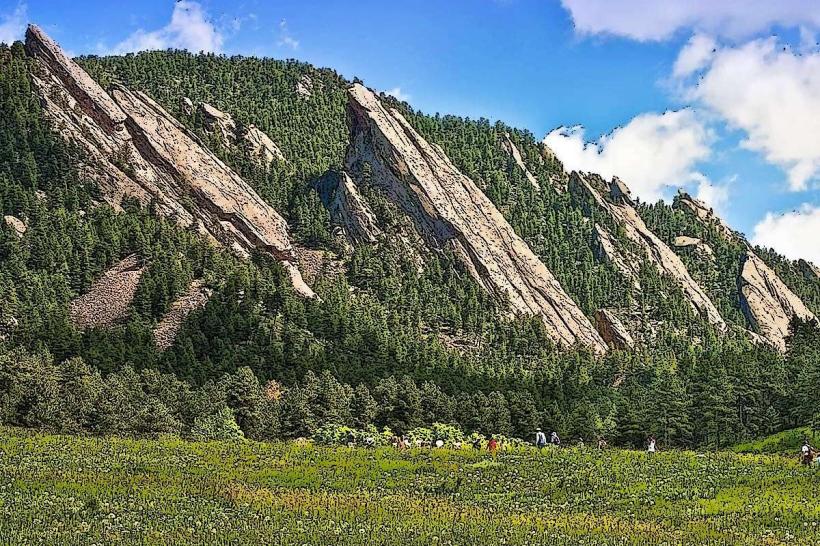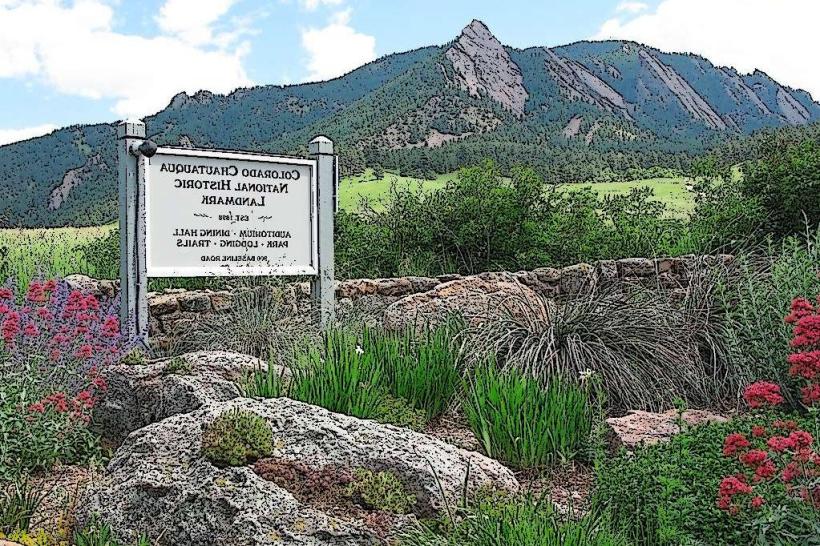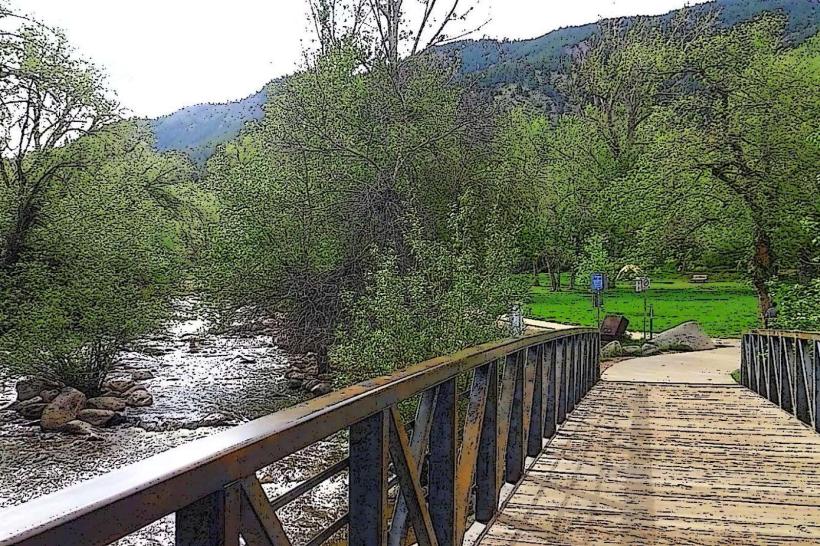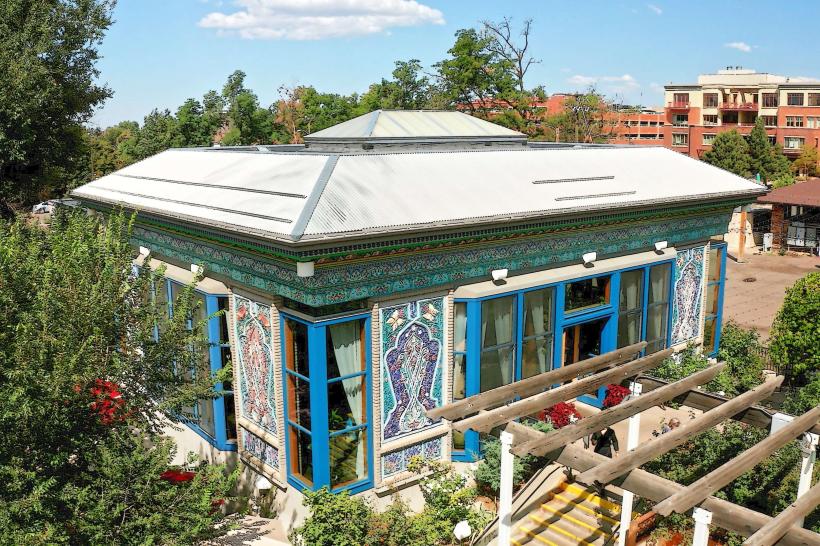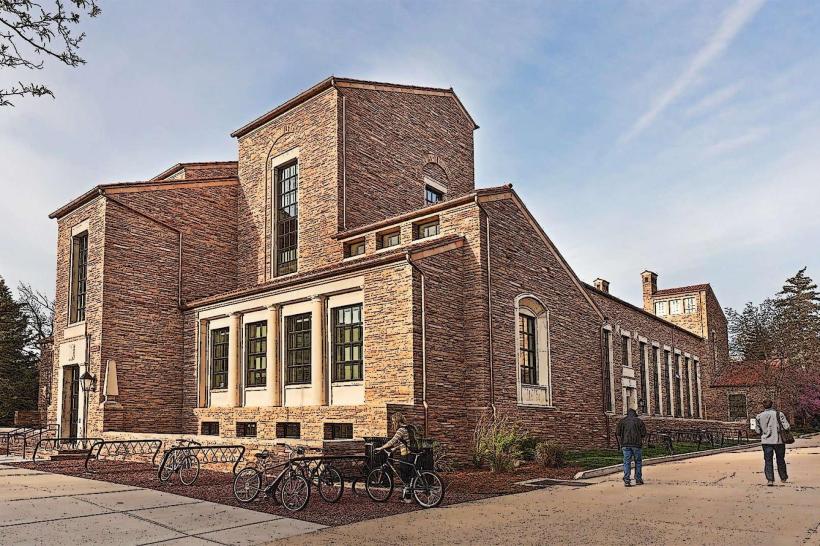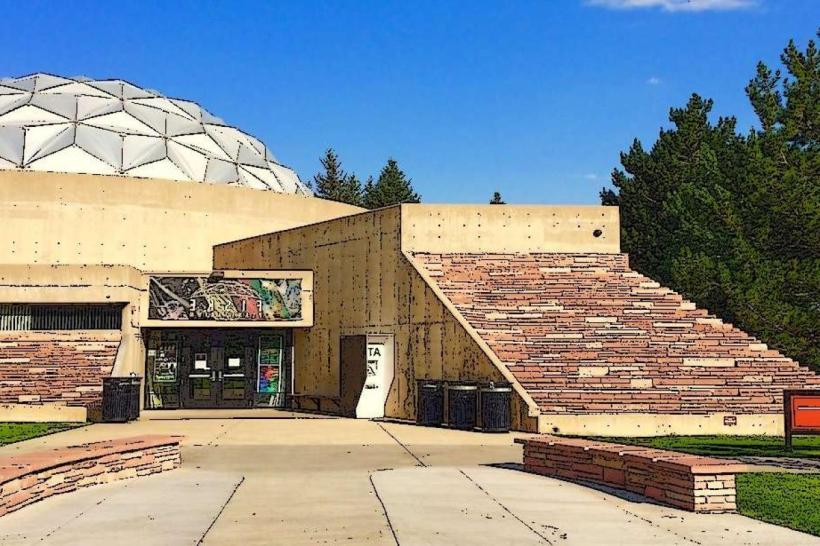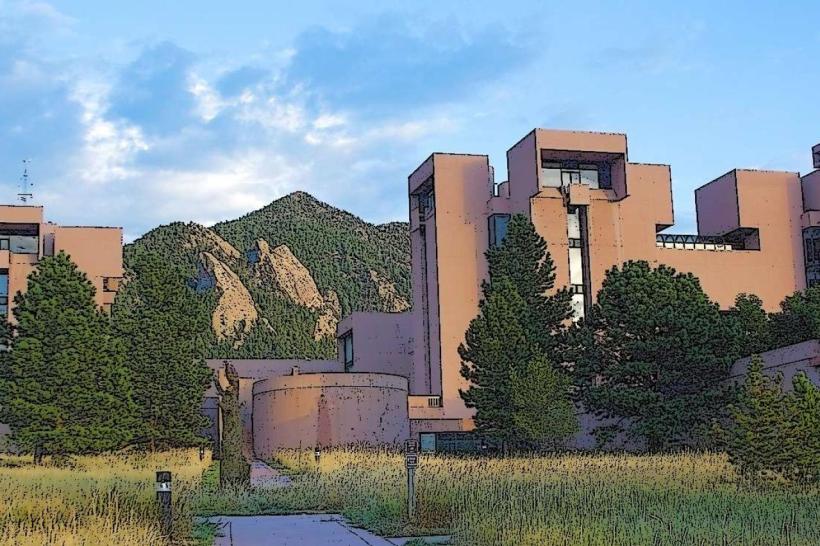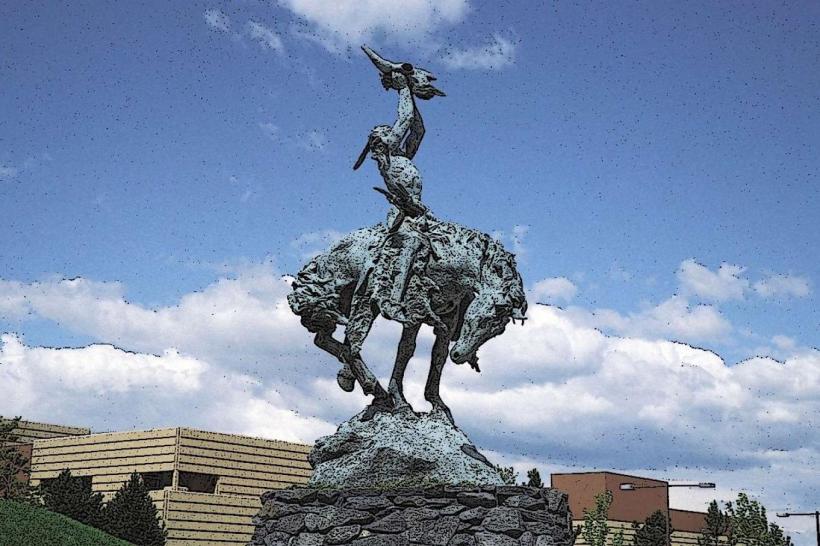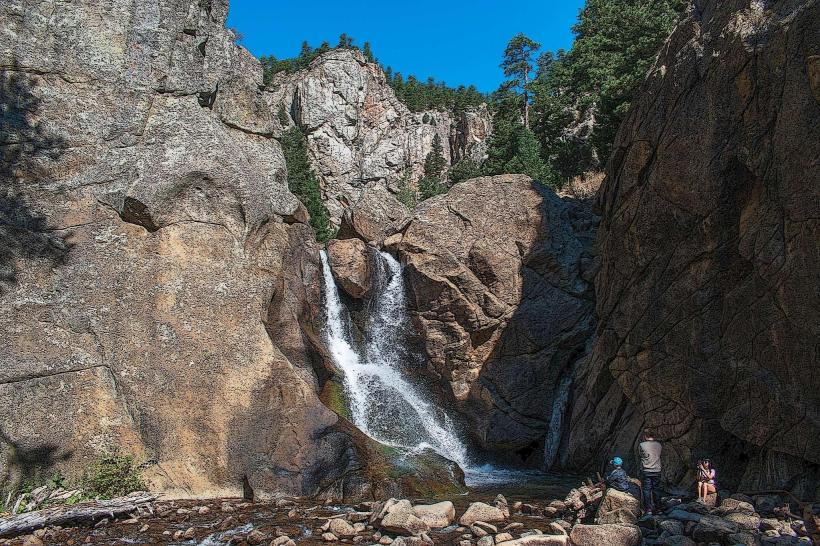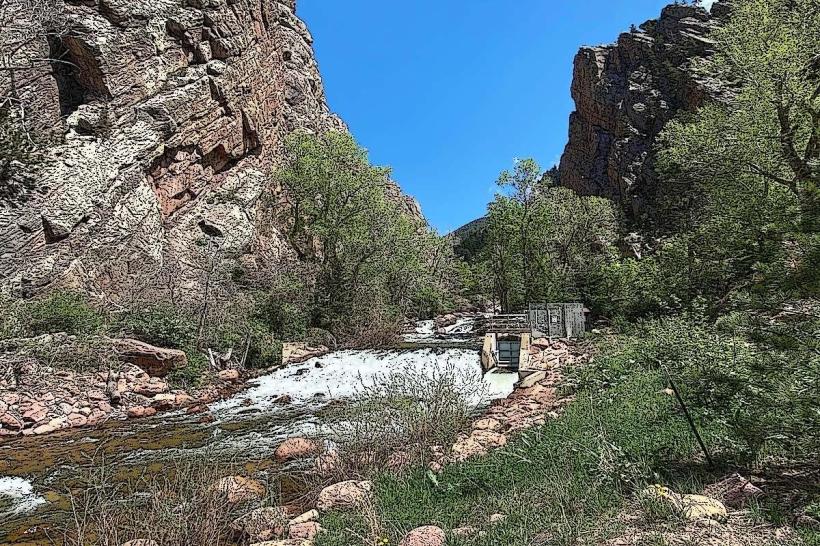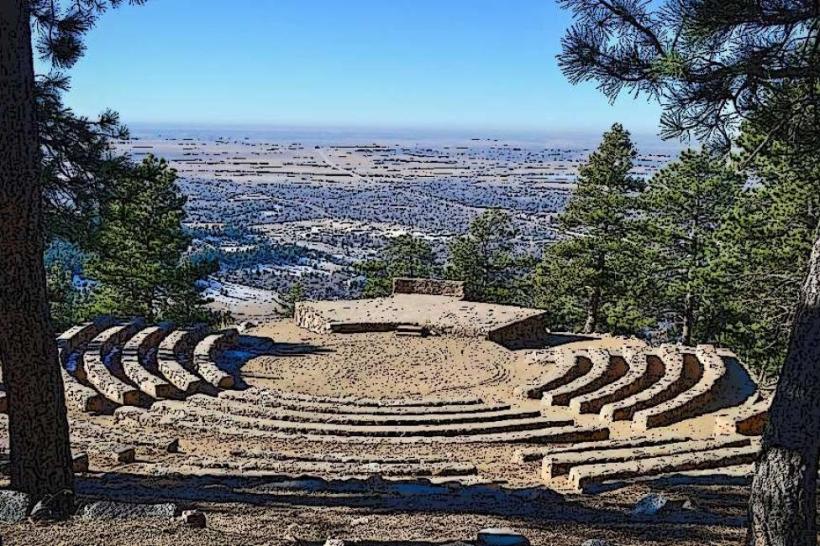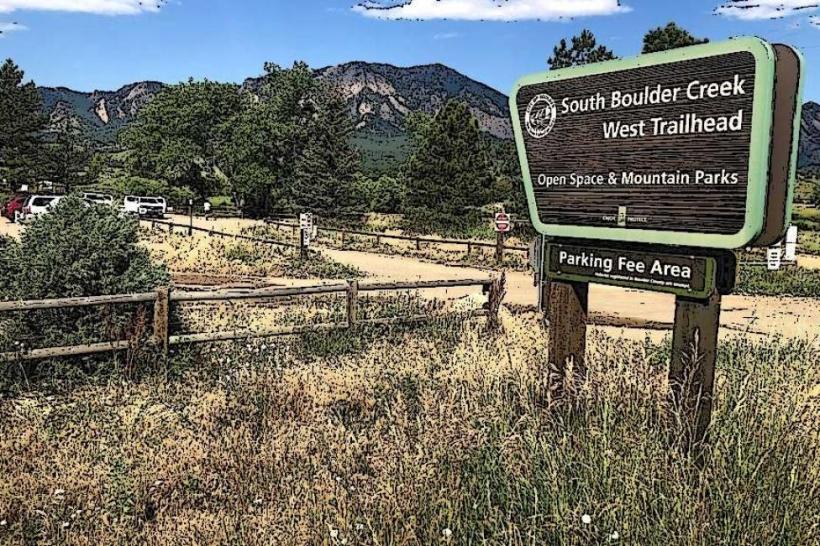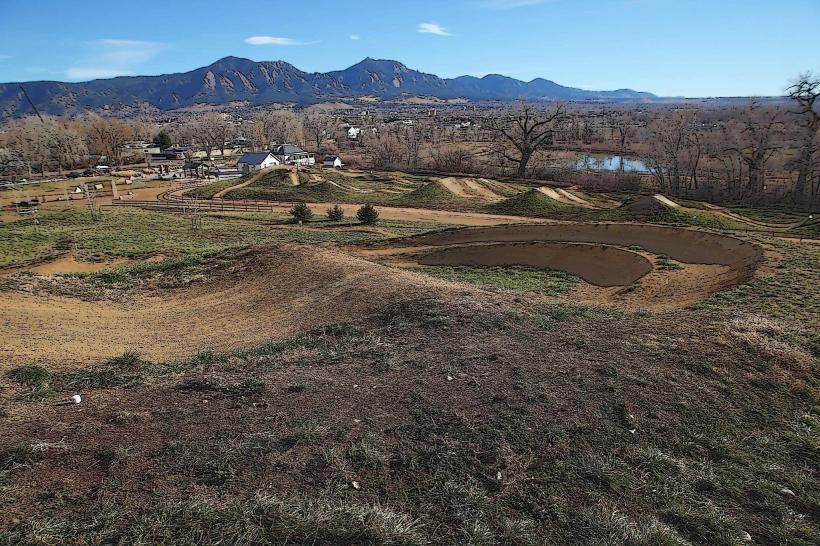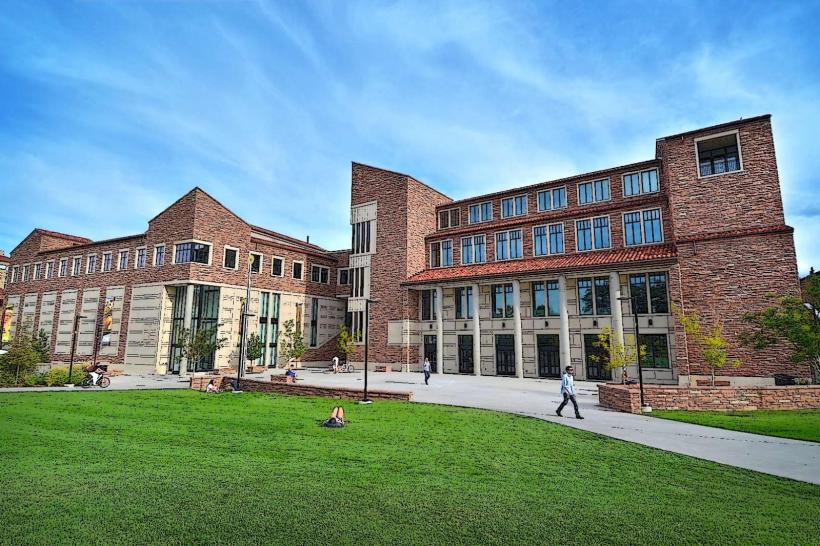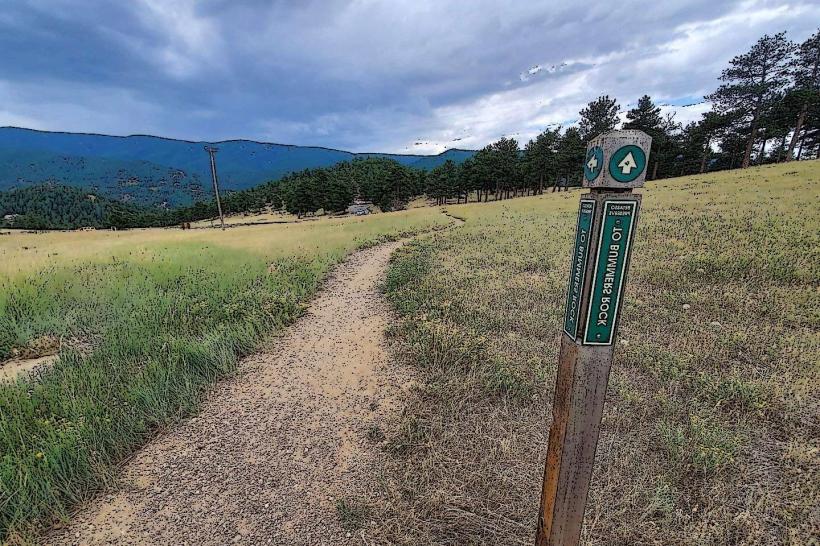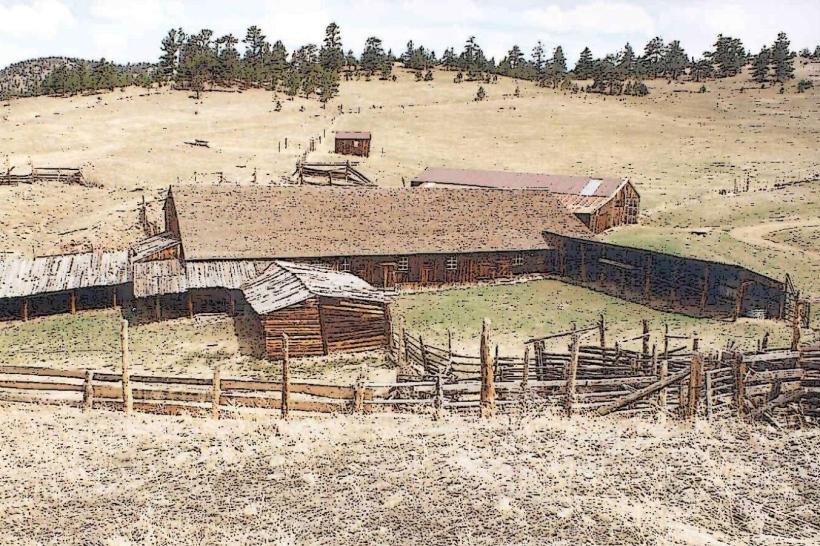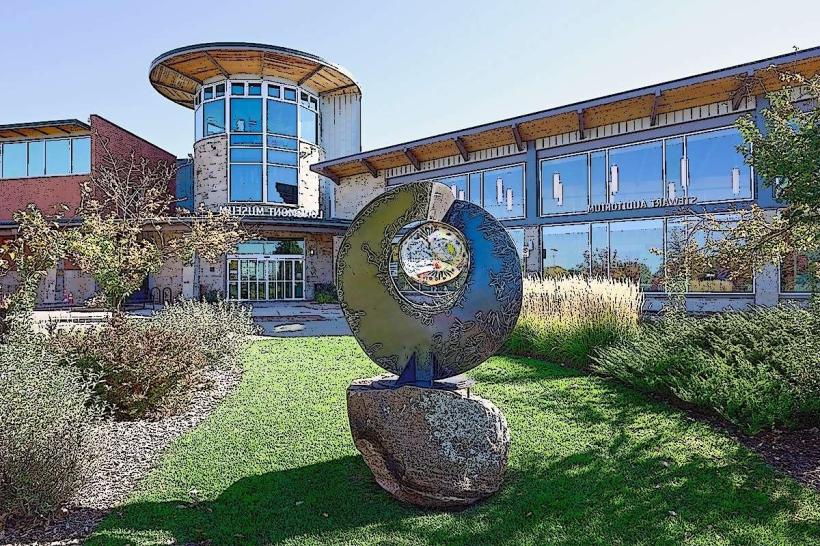Information
City: BoulderCountry: USA Colorado
Continent: North America
Boulder, USA Colorado, North America
Boulder is an independent city and the seat of Boulder County, situated in the Boulder Valley where the Great Plains meet the Rocky Mountains. It is defined by its status as a global hub for quantum computing, atmospheric research, and elite outdoor athletics, as well as its unique Blue Line policy that restricts water service to prevent mountain development.
Historical Timeline
Inhabited by the Southern Arapaho people. Primary governance eras include its 1858 founding by gold prospectors and its 1871 incorporation. A critical historical event was the 1959 passage of the "Blue Line" amendment, which effectively established the city's greenbelt and halted westward sprawl. The late 20th century was defined by its emergence as a scientific epicenter with the arrival of NCAR (1961) and NIST, while the 21st century has focused on its transition into a premier global technology and "Clean-Tech" hub.
Demographics & Population
The population is approximately 106,800. The demographics are White (82%), Asian (6%), and Hispanic or Latino (9%). The city is characterized by a highly educated workforce (over 75% with a bachelor's degree or higher) and a significant student population driven by the University of Colorado Boulder.
Urban Layout & Key Districts
Boulder is bounded by protected "Open Space" on all sides, creating a compact urban environment.
Pearl Street Mall: A four-block pedestrian core serving as the city’s primary retail, dining, and street-performance hub.
The Hill (University Hill): A vibrant district across from campus popular for its independent music venues (The Fox Theatre), bars, and student-centric retail.
Chautauqua: A historic district at the base of the Flatirons featuring the Chautauqua Auditorium and primary hiking trailheads.
North Boulder (NoBo): A former industrial area transformed into an "Arts District" with contemporary galleries, breweries, and new-growth residential.
Mapleton Hill: An affluent historic neighborhood featuring silver maple-lined streets and Victorian architecture.
Gunbarrel: A northeast enclave separated by open space, housing major tech employers and residential complexes.
Top City Landmarks
The Flatirons: Iconic reddish-brown sandstone formations that define the city’s skyline and offer world-class rock climbing.
University of Colorado Boulder (CU): Known for its "Tuscan Vernacular" architecture and the Norlin Quad.
NCAR Mesa Lab: A modernist architectural masterpiece designed by I.M. Pei, housing the National Center for Atmospheric Research.
Boulder Theater: A restored 1930s Art Deco venue in the heart of downtown.
Fiske Planetarium: One of the most advanced planetariums in the U.S., featuring immersive deep-space shows.
Dushanbe Tea House: An ornate, hand-carved tea house gifted by Boulder’s sister city in Tajikistan.
Transportation Network
Movement is highly multimodal. Boulder is a national leader in cycling infrastructure, featuring the Boulder Creek Path and extensive separated bike lanes. Public transit is serviced by RTD (The HOP, SKIP, and JUMP lines). The city is connected to Denver via US-36 (The Boulder Turnpike). Commercial air service is via Denver International (DEN), 70 km southeast. Traffic density is high on 28th Street and US-36 during peak hours.
Safety & "Red Zones"
The general safety level is high. Property crime (specifically bicycle theft and auto break-ins) is the primary concern. Caution is advised at night in parts of the University Hill area due to student-related disturbances. There are no officially designated "red zones." Environmental hazards include flash flooding (notably the Boulder Creek corridor), cougar/bear encounters at the urban-wildland interface, and extreme winter wind gusts.
Digital & Financial Infrastructure
Internet speeds are elite, averaging 1000+ Mbps with fiber availability via Google Fiber and CenturyLink. Main mobile carriers are Verizon and AT&T. Card acceptance is universal. ATMs are concentrated on Pearl Street and the University campus.
Climate & Air Quality
Temperatures range from -8°C to 7°C in winter and 14°C to 31°C in summer. The city is semi-arid with 245+ sunny days per year. Air quality is high, though it can be impacted by the "Denver Brown Cloud" or western wildfire smoke.
Culture & Social Norms
The standard tipping percentage is 20–25%. A casual, "Eco-Professional" greeting is standard. Dress codes are "Active-Casual" (technical outdoor apparel is acceptable in high-end dining). The city is culturally defined by its Health Obsession, its "Bolder Boulder" 10K race, and its status as a haven for the "Boulder Liberal" archetype.
Accommodation Zones
Downtown / Pearl Street: Recommended for boutique hotels (Hotel Boulderado) and walkable access to amenities.
The Hill / University: Recommended for campus visits and nightlife.
North 28th Street: Recommended for national hotel chains and retail access.
Local Cost Index
1 Espresso: $5.25 (USD)
1 Standard Lunch: $22.00 (USD)
1 Average Monthly Rent (1BR): $2,100.00.
Nearby Day Trips
Eldora Mountain Resort: (35 km west; the local ski and snowboard destination).
Nederland, WI: (25 km west; a quirky mountain town home to the "Frozen Dead Guy").
Rocky Mountain National Park: (60 km northwest; accessible via the Peak to Peak Highway).
Facts & Legends
Boulder has more than 60,000 acres of protected open space, more per capita than any other city in the U.S. Historically, it was the site where the Celestial Seasonings tea company was founded (1969). A local legend involves the "Flatiron Curses," varying myths about the rock formations’ origins. Another legend concerns the "Secret Underground Vaults" of the University, rumored to house classified federal research documents and rare artifacts.

